Professional journalists share power of online journalism impact

Professional journalists gathered to discuss the impact of digitalization on local journalism at the 12th Roger Tatarian Symposium, ‘The Power Of Online Journalism’ at Fresno State, Feb. 26.
The panel, consisting of four professional journalists ranging from podcasters to city-centered writers featured Denise Zapata, John Chase, Larry Phillips, and Devin Katayama. Each panelist shared the ways each work through online news.
Internet usage has created an outlet for media, located just inside one’s pocket. Smartphones and laptops often both contribute to the movement of paperless news outlets.
Managing Editor of Richland Source, Larry Phillips, shares on changes in dissemination of news. Located in Ohio, he focuses on solutions journalism.
“We are strictly an online news agency so we don’t have to worry about print,” Phillips said. “We strictly focus on gathering news and going online with it as soon as we can. We’re still struggling to figure out how to best get the news to our consumers through social media. The holy grail really is trying to figure out how to monetize online presence in journalism.”
The following tweet features additional information on the Roger Tatarian Symposium at Fresno State, Feb. 26.
We are excited to attend The Power of Online Journalism with you, @FSMCJDept, and @institute_trust. The online platform is growing and important to share #localnews, features, community profiles, sports & opinions, plus state, national & world news. @ScholasticJWeek #SJW2020. https://t.co/k9Roq6Zuw9
— The Feather Online (@thefeather) February 26, 2020
The topic of solutions journalism often surfaces as an important tool for online media. This form of reporting, according to the Solutions Journalism Network, is responding to issues and surpassing just telling stories. It has become another concept of sharing how to respond to issues around communities.
“The main thing I want people to learn about today is solutions journalism,” Phillips continued. “We ask the next question in journalism, not just identifying the problems in a story but looking for potential solutions and posing suggestions.”
In the following podcast, Morgan Parker interviews Denise Zapata about the impact of online news platforms, Feb. 26.
Organized by Timothy Drachlis, Tatarian Journalism Chair at Fresno State, the program included time for the reporters to share about their organizations and websites. Drachlis concluded the event by asking universal questions to the whole panel and offering questions from the audience.
Panelist Devin Katayama, reporter and podcast host for KQED, shares the difference podcasting makes to online journalism. Katayama believes that subscription-based media is the future for journalism.
“Online journalism is filling the gap that traditional print media is losing,” Katayama said. “It’s still the same reporters doing the same work, just online. I think what’s happening online is both harmful and good. Journalism should place in the good category while disseminating truthful information to as many as possible. Getting people to trust you is also important, which has also been a kind of pillar of journalism.”

Through Twitter, Instagram, Facebook, podcasts, and more, social media users often receive news everyday. The quicker news gets released to the internet, the quicker people see it and share.
Denise Zapata, Senior Editor of EdSource, a non-profit focused on California education issues, shares about the database and how it contributes to online journalism and research.
“Everything’s changing so quickly,” Zapata said. “People get their information from multiple sources. We try to react to that and look at what is going to be most accessible for readers to help them. As we pick topics, interactive maps, or searchable databases, we keep in mind what will be useful and interesting to people.”
According to the Pew Research Center, around 77 percent of Americans say the internet is important in how news is received.
Executive Director of the Institute for Media and Public Trust at Fresno State, Jim Boren, shares the ways multimedia contributes to the importance of online news. Boren believes that saving local news starts with good writing, before bringing the internet to the equation.
“Online journalism creates a way of bringing in videos and other multimedia,” Boren said, “going deeper into stories and news. I think you need to know what you are reading and know the facts. As news consumers, we need to take responsibility for what we’re reading and know at least what it is saying.”
In the following podcast, Faith Monroy interviews Devin Katayma about multimedia’s role in journalism, Feb. 26.
As explained by the panelists, one main focus of online journalism is media literacy: the ability to access, analyze, evaluate, and create media in a variety of forms. Some of the panelists shared how media literacy allows for all people and students to voice their opinions and speak out.

Director of Investigations at the Better Government Association, John Chase, shares how news can be accessed everywhere. Chase thinks that students can use media to bring attention to things they believe in.
“Before the internet, you had to get a job at the newspaper or radio station,” Chase said. “Now, almost anybody who has the initiative, can put together a really good story that’s truthful and accurate. I would tell high school students to find their passion, what they are interested in, and become that reporter.”
The Feather Online‘s website was created in 2001 after initially appearing in print in 1982. The Feather ceased print operations in 2010. Look out for The Feather’s next article covering the importance of Media Literacy featuring Jim Boren and the Institute of Media and Public Trust.
Check out last year’s Roger Tatarian Symposium article, Journalists share strategies for combating fake news.
For more articles about journalism and The Feather, read Journalists, administration, teachers share importance of student voice and Who We Are: Feather staffers, alumni, adviser shares publication’s purpose.
For more articles, read Kids Day cancellation inspires community support, digital giving persists and Exchange students in Italy share coronavirus xenophobia, promote impartiality.
Morgan Parker can be reached via email and via Twitter.



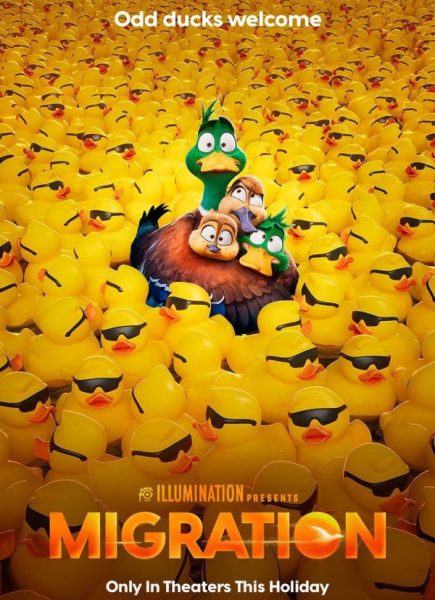

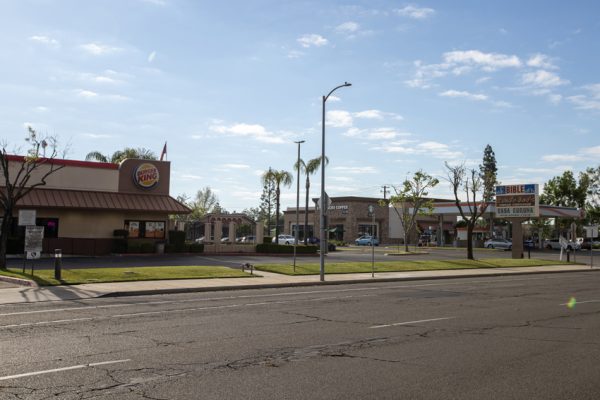



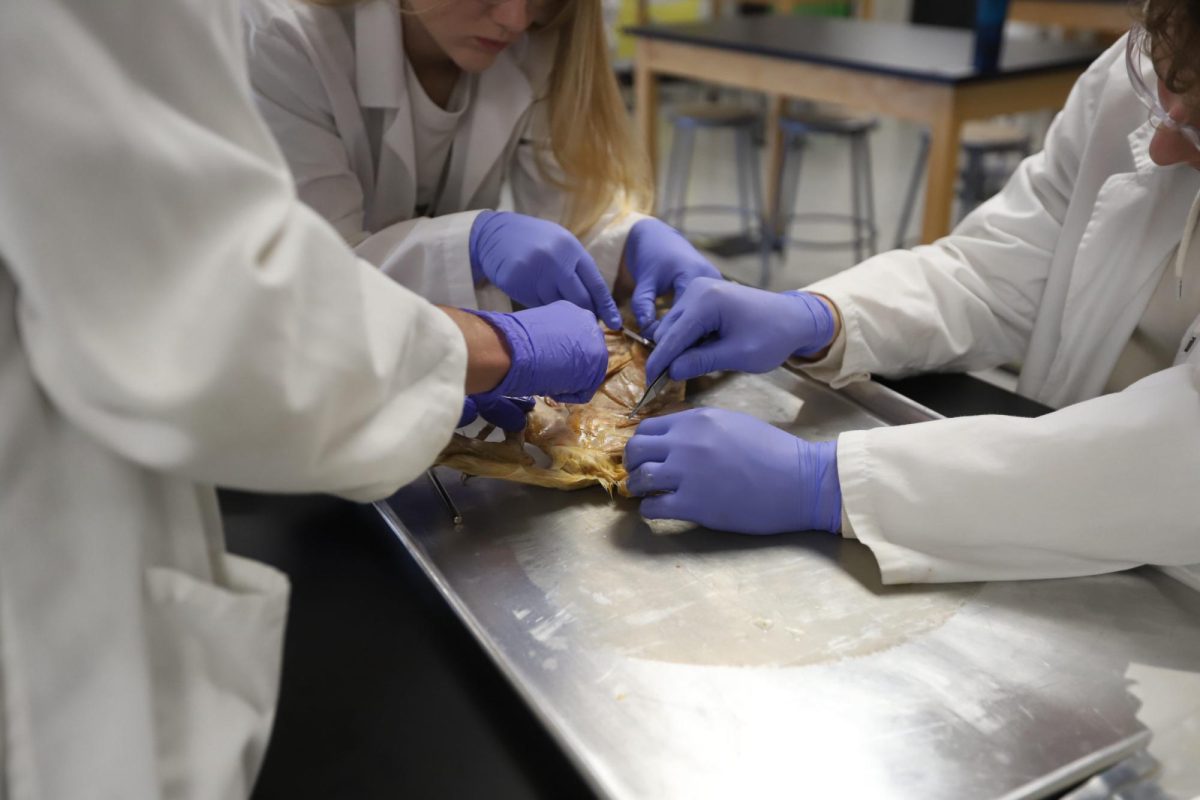
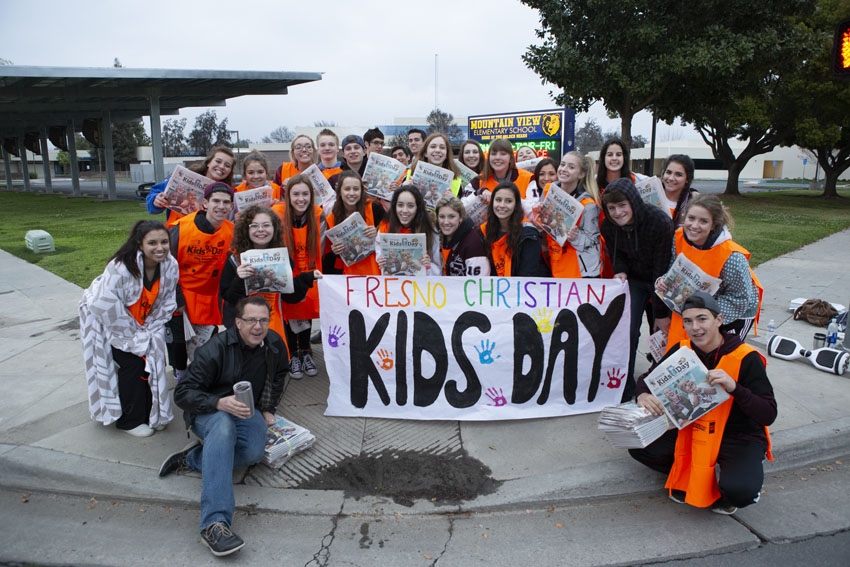
![[Video] 100th CSPA Spring Journalism Conference](https://thefeather.com/wp-content/uploads/2024/04/20240308-cspa-crown-002.jpg)
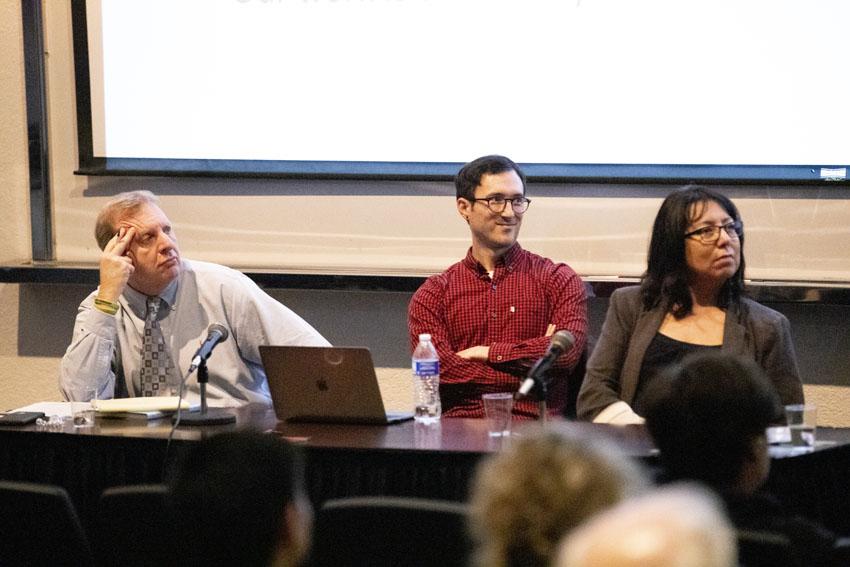
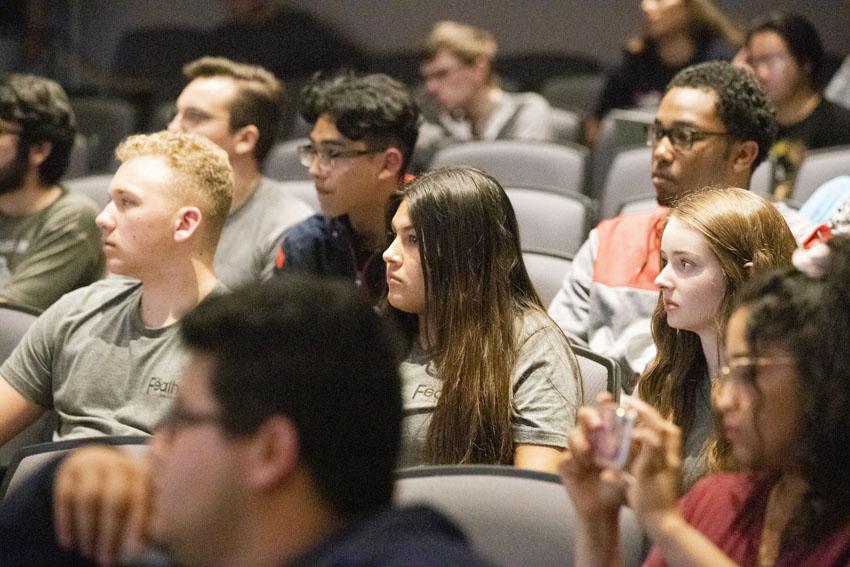

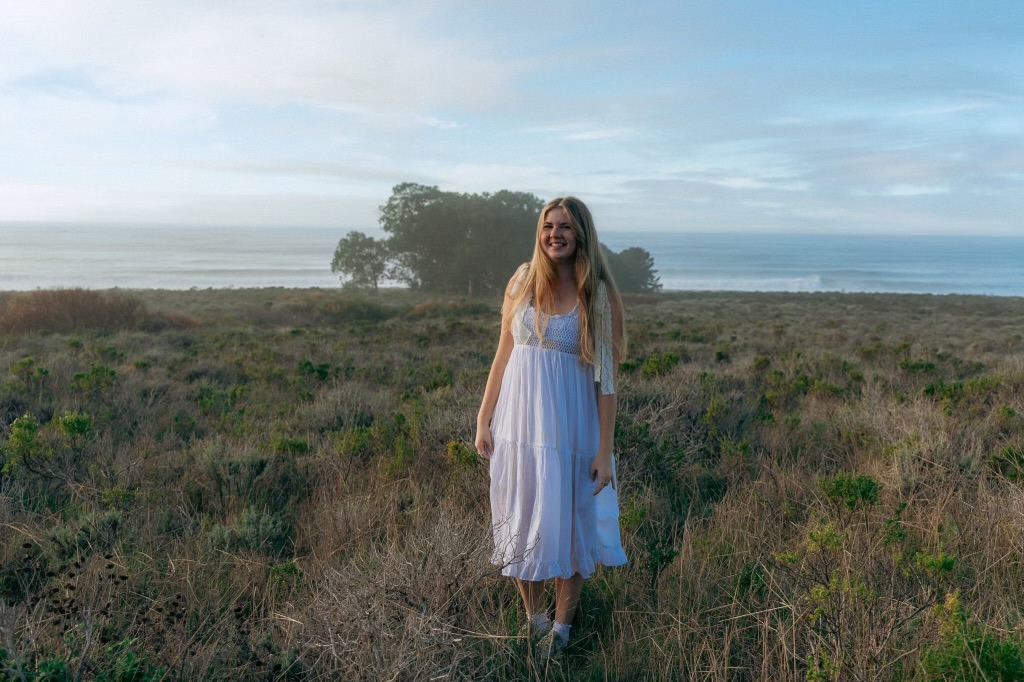

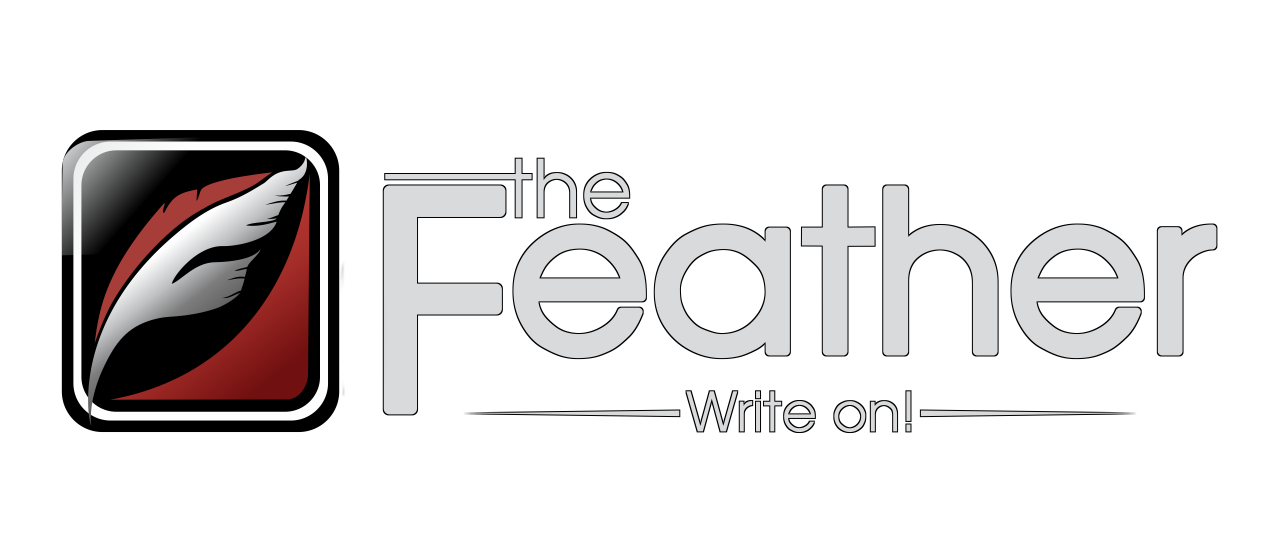
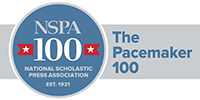
Faith • Mar 12, 2020 at 5:47 pm
Great article Morgan! I loved getting to interview and hear more tips on the power of online journalism with you.